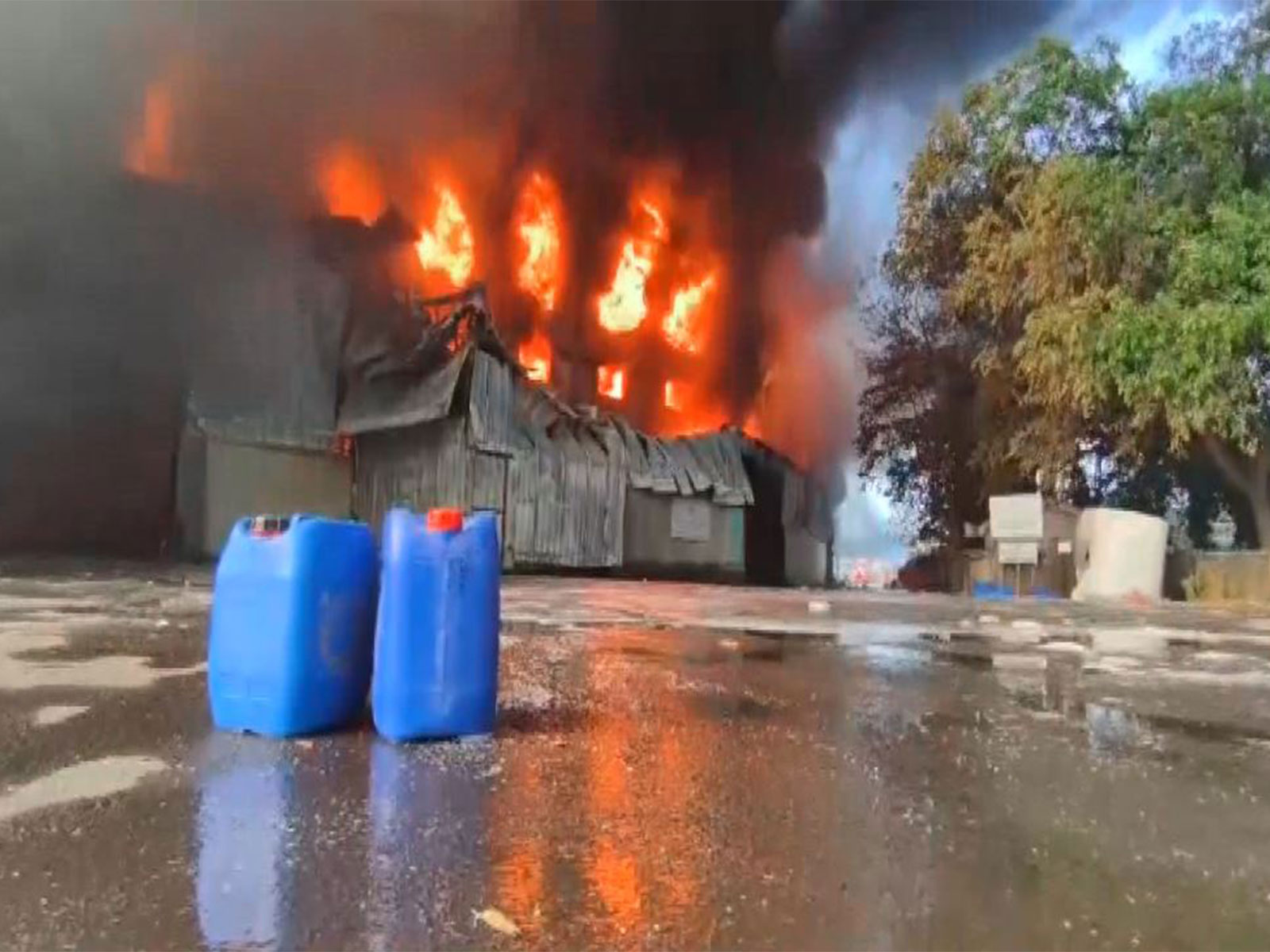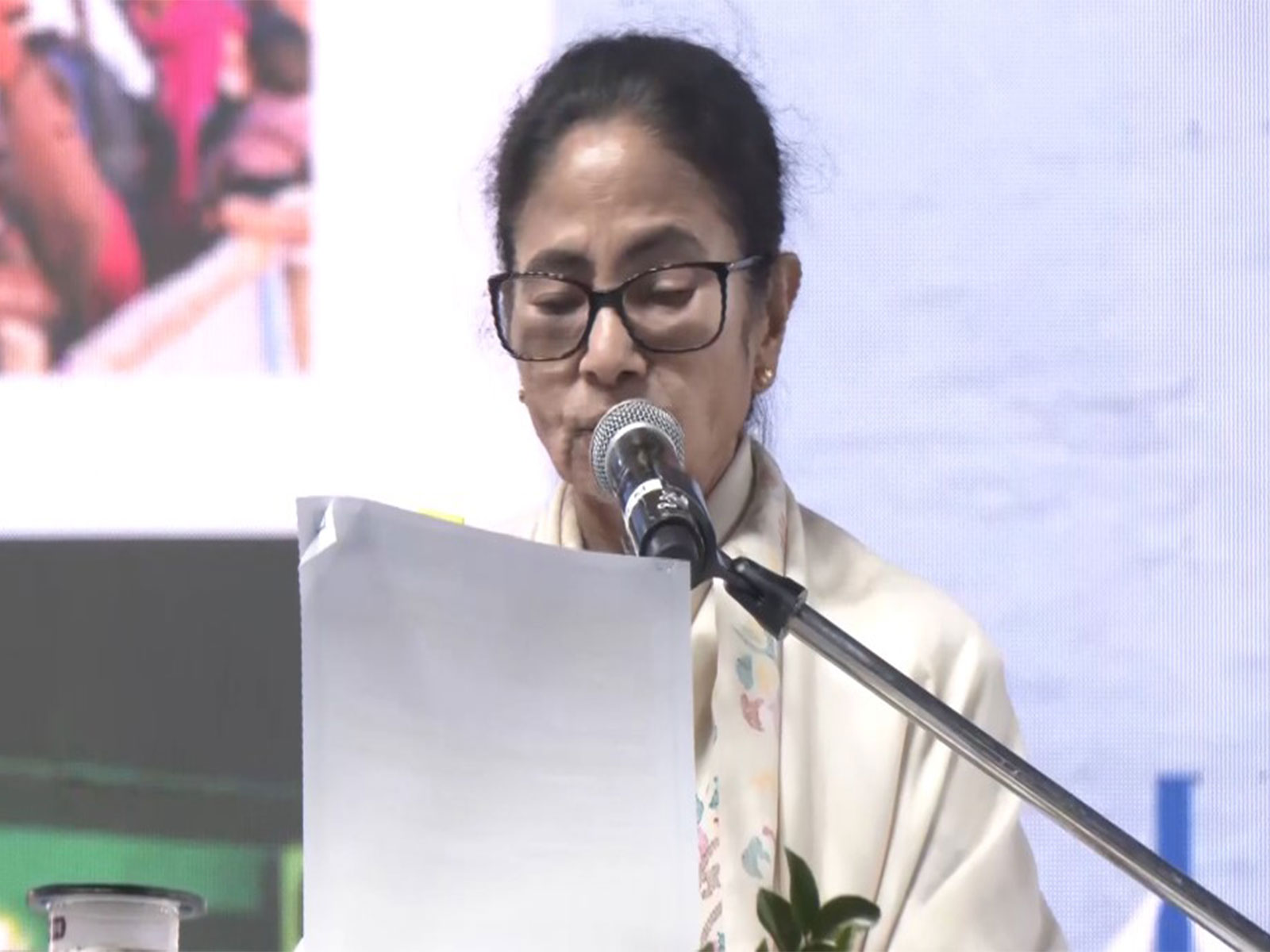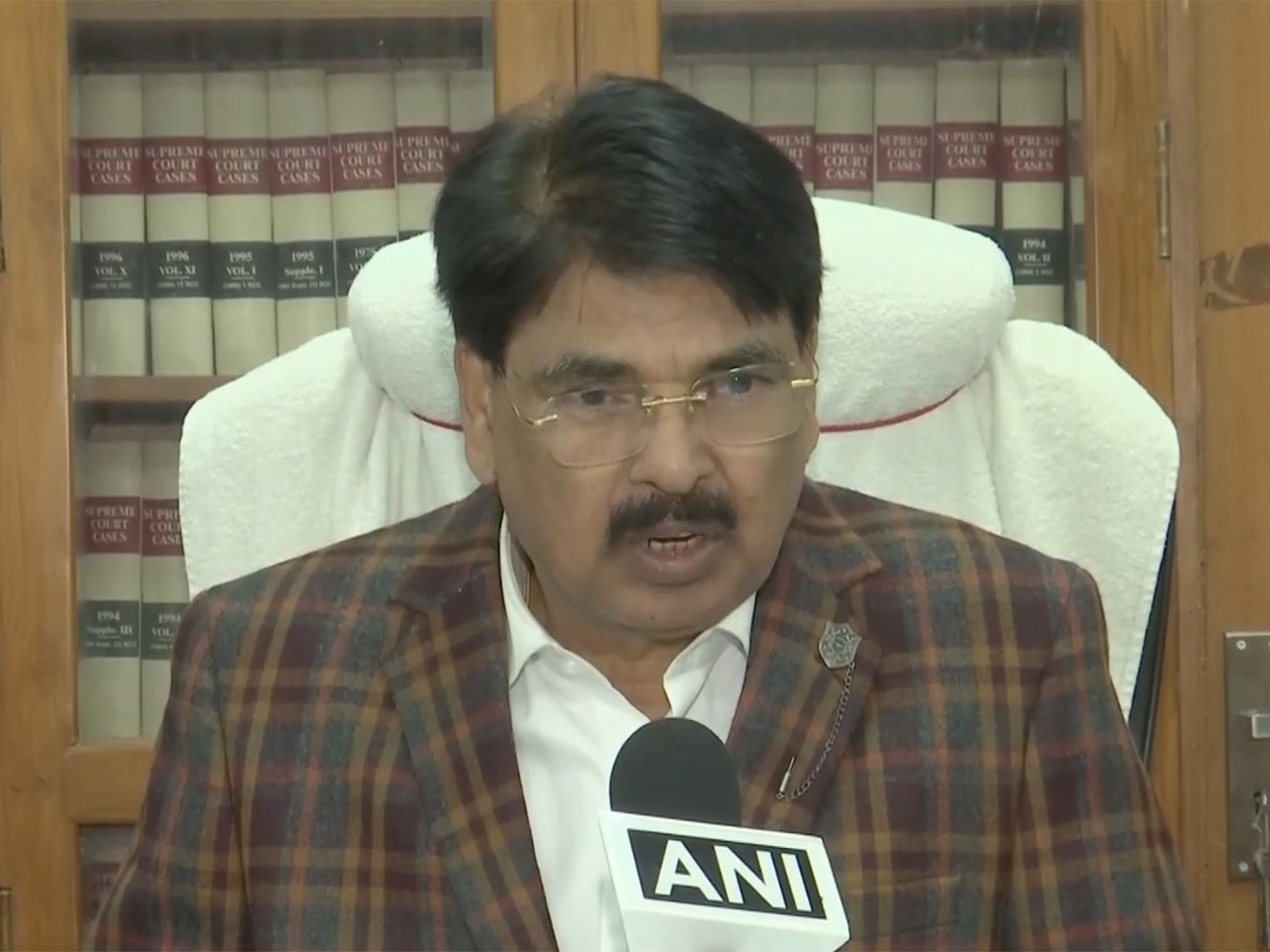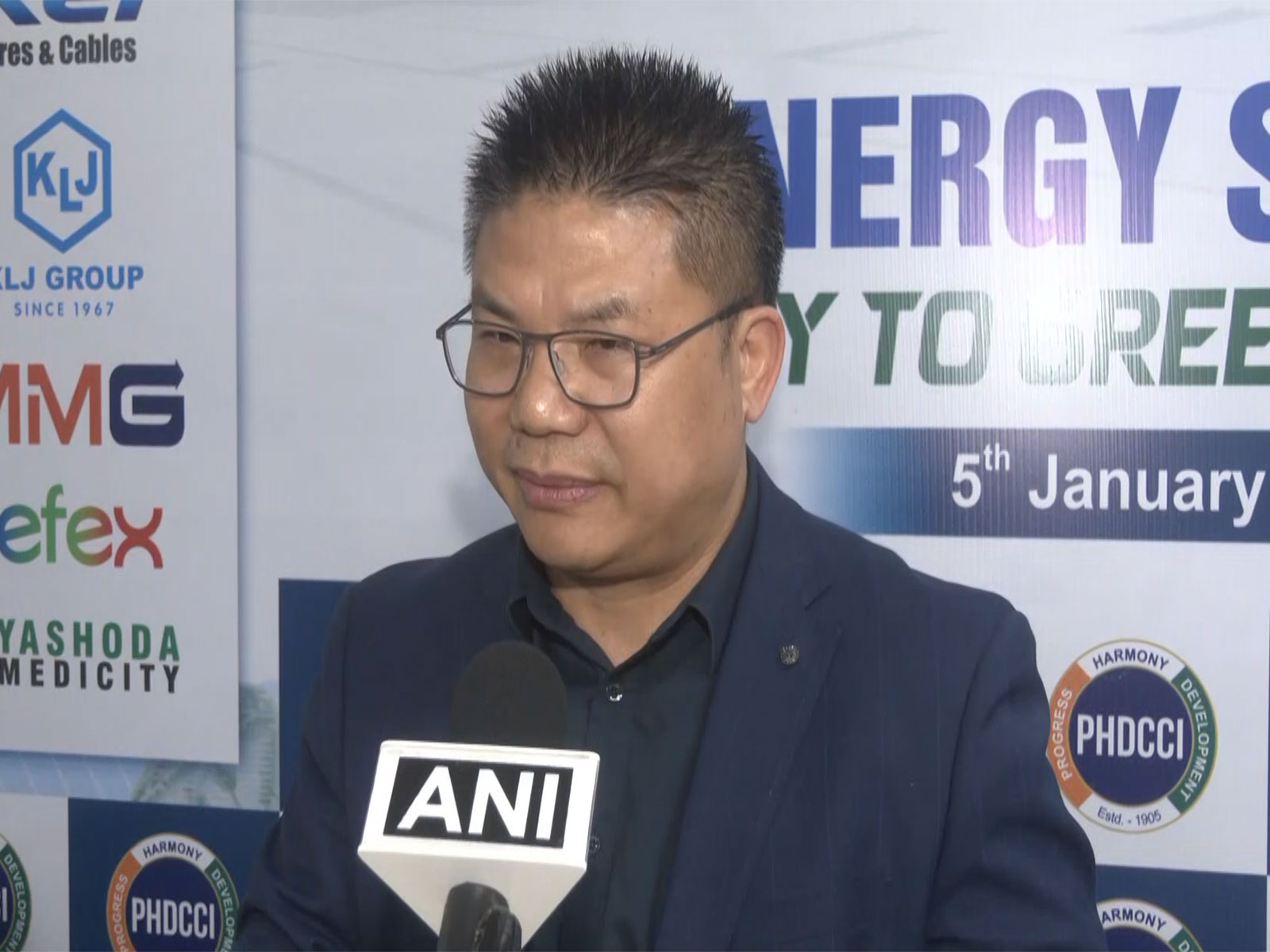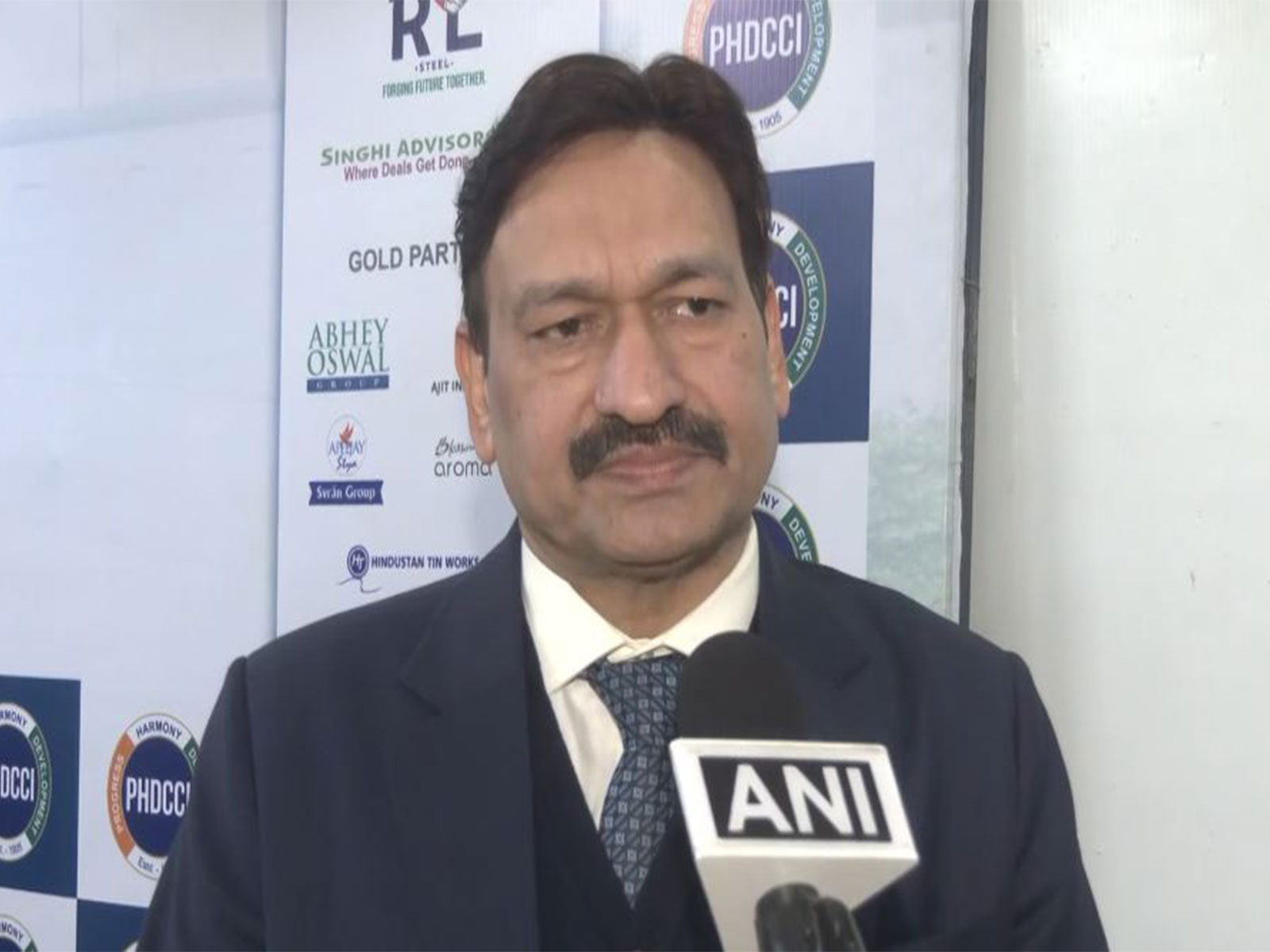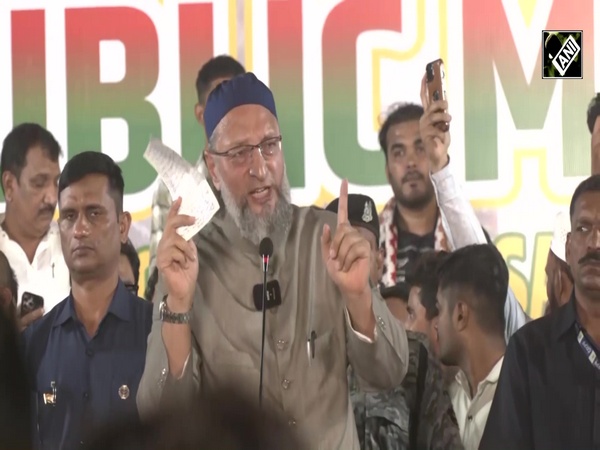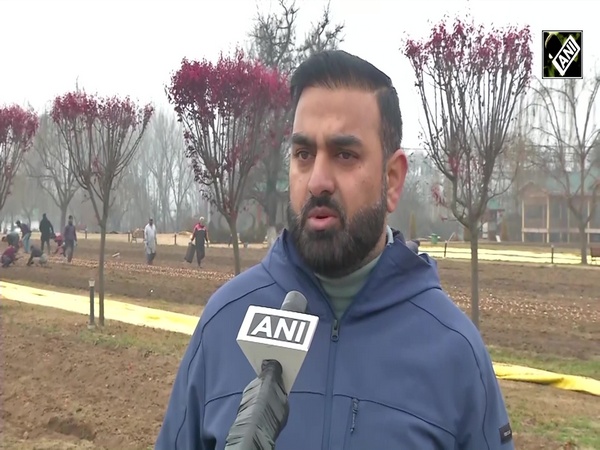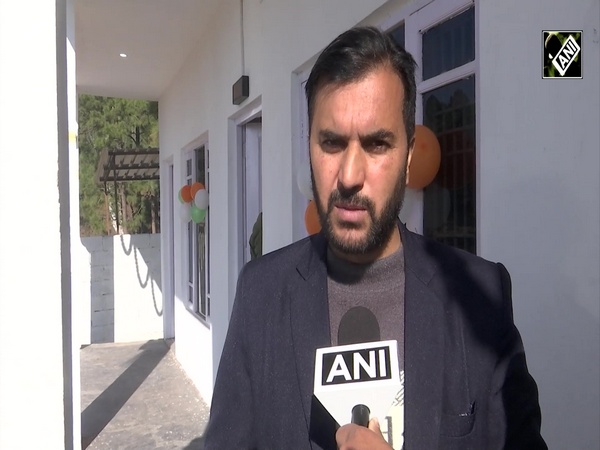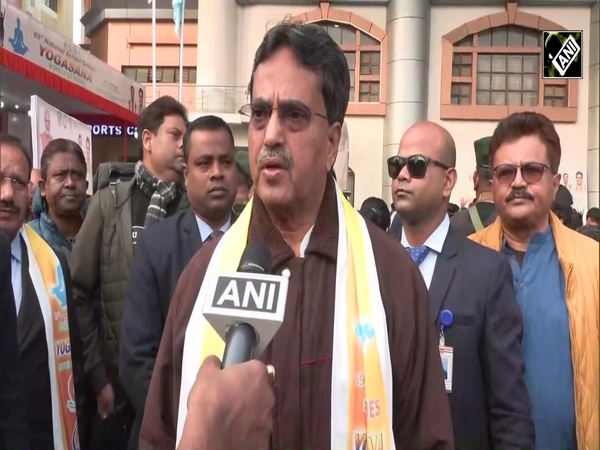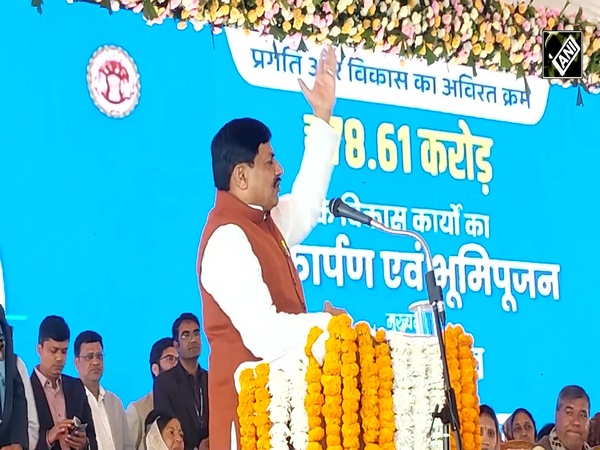UP govt to boost rural economy by making cow shelters self-reliant
Aug 17, 2025
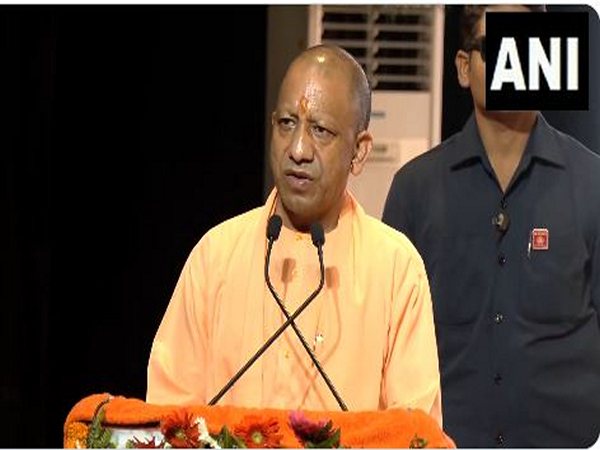
Lucknow (Uttar Pradesh) [India], August 17 : In a major initiative to boost Uttar Pradesh's rural economy, under the leadership of Chief Minister Yogi Adityanath, the state Gau Seva Commission has joined hands with Patanjali Yogpeeth to promote cow protection, Panchgavya products, natural farming, and biogas expansion across the state.
The Gau Seva Commission entered into a partnership with Patanjali Yogpeeth following discussions between Commission Chairman Shyam Bihari Gupta and Yoga Guru Baba Ramdev and Patanjali Co-Founder Acharya Balkrishna in Haridwar, according to an official statement from the state government.
CM Adityanath firmly believes that "the village cow is the foundation of the village's progress." To advance this vision, Patanjali Yogpeeth has pledged full technical support to the state's initiatives.
Under this partnership, cow shelters will no longer remain just centres of conservation, but will be transformed into hubs of rural industry, driving the production of Panchgavya products and biogas. Baba Ramdev is also expected to visit Uttar Pradesh soon to meet CM Yogi Adityanath and finalise the roadmap.
According to Dr Anurag Srivastava, OSD of the Gau Seva Commission, 2 to 10 cow shelters in each of the 75 districts will be developed as large model centres. Open sheds, fencing, and security arrangements will be created in cow sanctuaries to ensure the free movement of cows.
This initiative will also unlock large-scale rural employment, with villagers actively participating in cow urine collection and product sales under a 50% commission model. Patanjali Yogpeeth will further support the program through training, quality control, formulation, certification, and licensing.
In addition, advanced technologies such as geo-fencing, cow tagging, photo mapping, and fodder inventory tracking will be introduced in cow shelters. Natural inputs like neem, cow urine, and vermicompost will also be supplied to every village, helping farmers reduce costs, improve soil fertility, and strengthen environmental sustainability.
